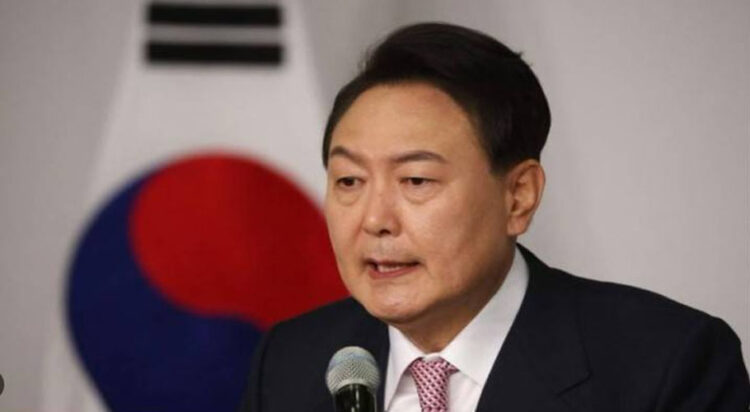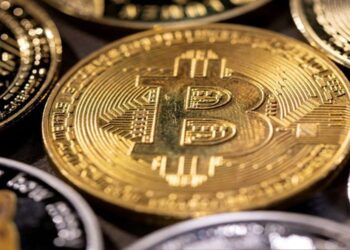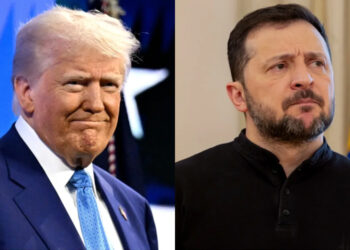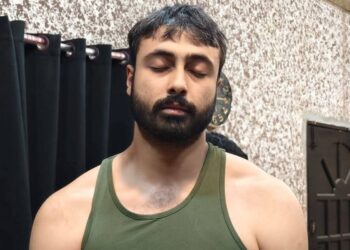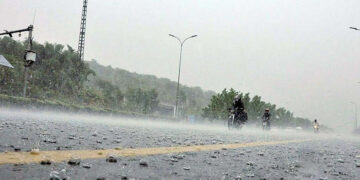![]() Follow Us on Google News
Follow Us on Google News
Impeached South Korean President Yoon Suk Yeol was arrested on Wednesday following his failed attempt to impose martial law, marking a historic moment as he became the first sitting president in the nation’s history to be detained. The arrest ended a weeks-long standoff with authorities over his controversial bid to deploy troops to Parliament in December.
Yoon, who faces charges of insurrection for his brief and unsuccessful martial law declaration, expressed willingness to comply with investigators, stating his decision was made to avoid “bloodshed.” He faces severe consequences, including potential life imprisonment or the death penalty, if convicted of insurrection.
For weeks, Yoon had resisted arrest by sheltering in his residential compound, protected by loyal members of the Presidential Security Service (PSS). His residence, surrounded by barbed wire and barricades, became a “fortress,” with armed supporters rallying outside. Despite a failed arrest attempt on January 3, authorities returned early Wednesday morning with hundreds of police officers and investigators, leading to a tense five-hour standoff.
Yoon released a pre-recorded message during the standoff, asserting that he did not accept the legality of the investigation but chose to comply to prevent further conflict. He was arrested and taken to the Corruption Investigation Office (CIO) for questioning shortly thereafter.
The former prosecutor and leader of the conservative People Power Party (PPP) had initially declared martial law on December 3, citing threats from North Korea and internal anti-state elements. However, after deploying troops to Parliament, lawmakers defied the order, and Yoon revoked martial law just six hours later.
Yoon’s arrest came amidst a broader political crisis, with his impeachment under review by the Constitutional Court. If the court confirms his impeachment, new presidential elections will be held within 60 days. The opposition Democratic Party hailed Yoon’s arrest as a victory for constitutional order, while his party, the PPP, decried the warrant as illegal.
The arrest marks a pivotal moment in South Korea’s political landscape, with the nation now focused on resolving the crisis and stabilizing state affairs.







